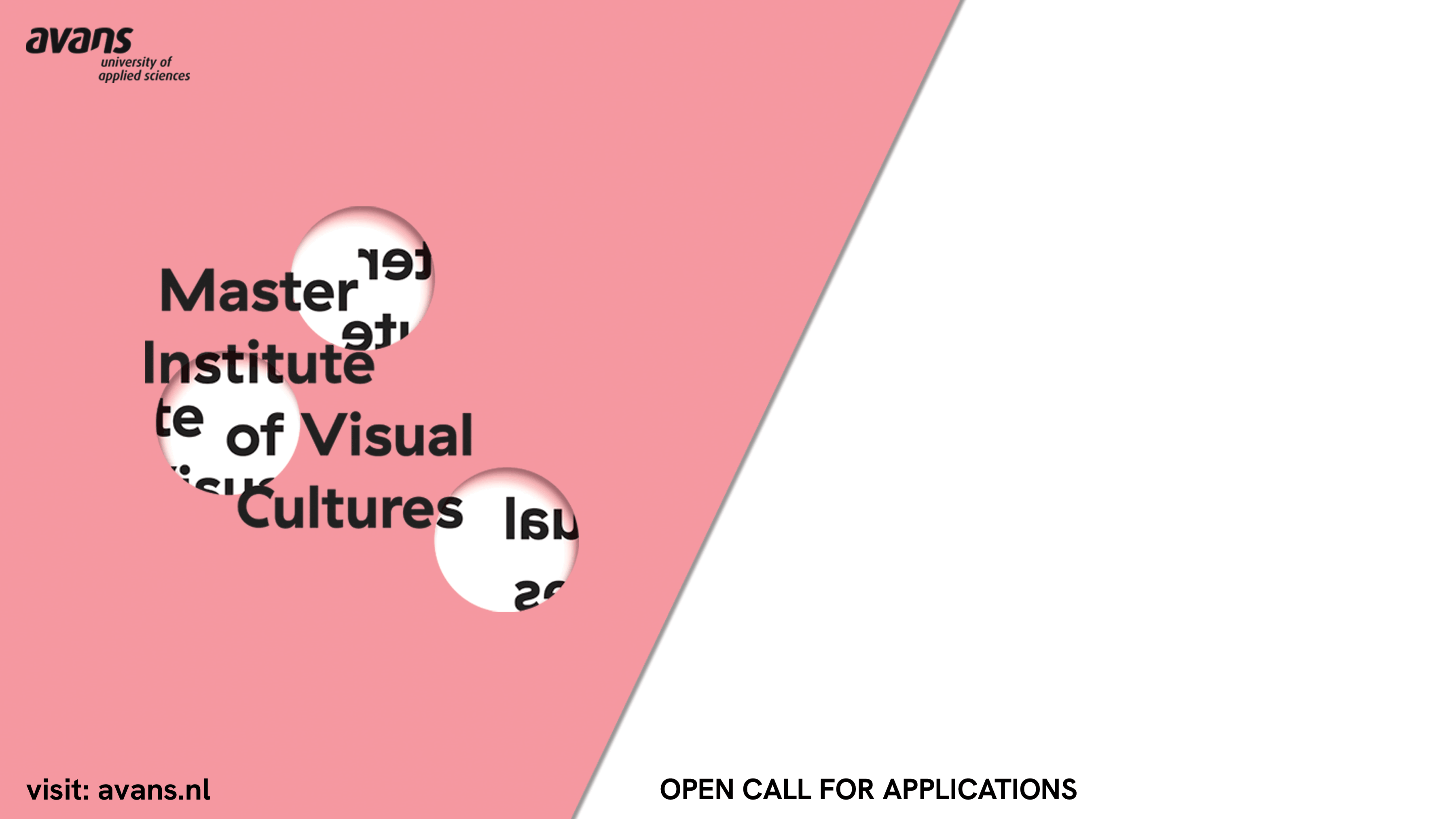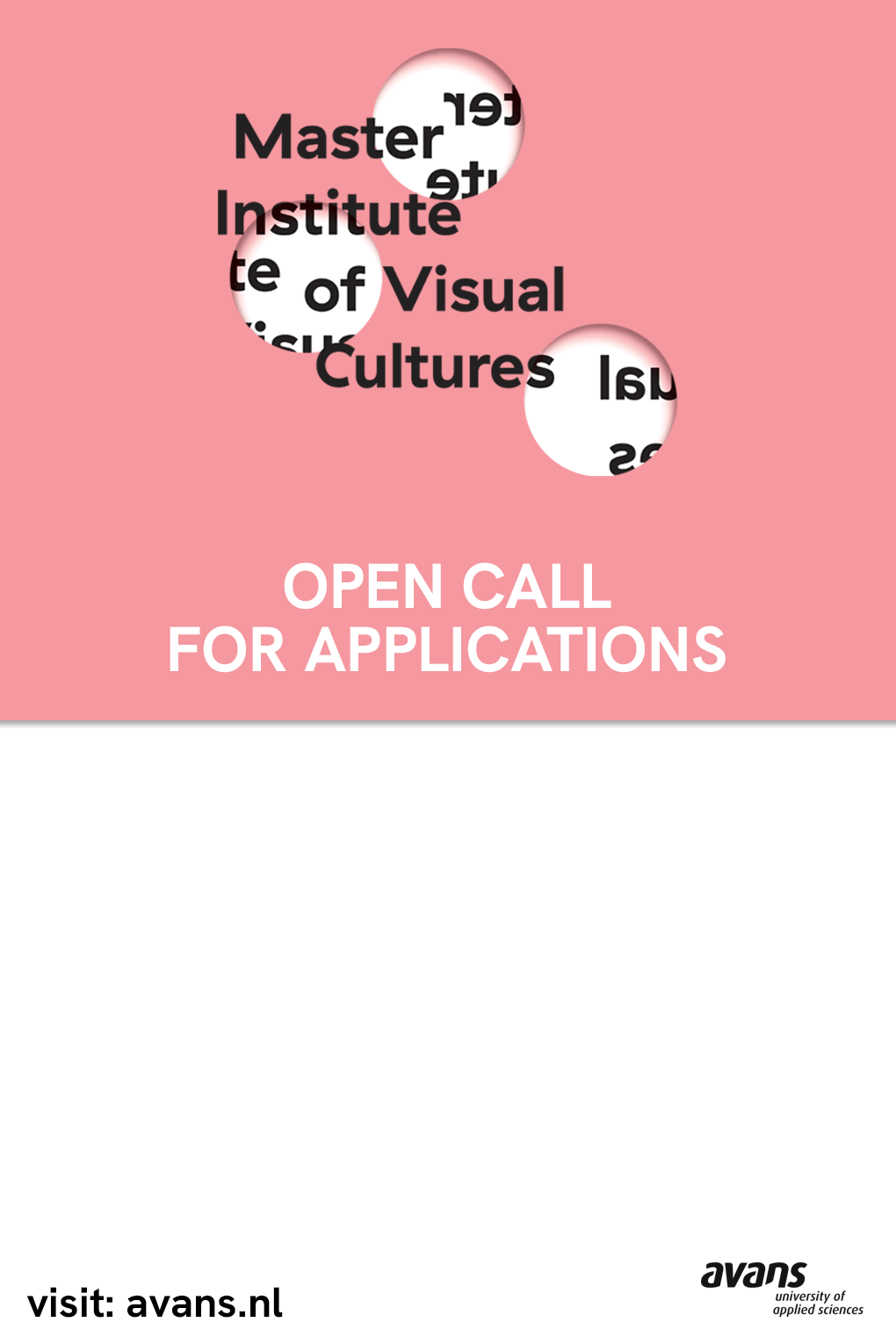Progress and Hygiene
29 November 2014–15 February 2015
Zachęta – National Gallery of Art
pl. Małachowskiego 3
00-916 Warsaw
Hours: Tuesday–Sunday noon–8pm,
Free admission on Thursday
T +48 22 556 96 51
informacja [at] zacheta.art.pl
Curator: Anda Rottenberg
The concept of progress as development, a process of betterment, a transition from a lower to a higher stage was one of the guiding principles of the French Encyclopédistes, the thinkers of the Enlightenment and 19th-century positivists. It was also an element in the founding myth of modernity—the building of a new, better world. The faith in progress that was characteristic for the past century was expressed both in artistic manifestos and in new tendencies: such as Futurism, Constructivism, Suprematism and Neo-plasticism. The modern architecture and design that were associated with them were to influence a change in the habits and lifestyles of the inhabitants of cities—to shape a new person through new forms. This utopian idea disintegrated in the times of the crisis of the 1920s, and the idea of progress and the social engineering associated with it were engulfed by the processes of dehumanization at work in totalitarian societies.
The exhibition presented in Zachęta, Progress and Hygiene, is devoted to the pitfalls of modernization in the context of the idealistic faith in progress and the possibilities of “betterment” common to both art and science at the beginning of the 20th century. It was conceived as an essay which critically analyses such phenomena as genetic engineering, eugenics or research into the purity of races, also drawing attention to their continued impact on today’s world.
The exhibition is composed of the works of Polish and foreign artists realised in a diverse range of media—such as painting, installations, film and photography—and of others especially prepared for the exhibition. The context for these will be formed by historical materials, including posters, archival photographs and documentation. Through the confrontation of contemporary works with those from the modern period, the spectator will be able to explore such themes as social health, eugenics, social engineering, racial hygiene, national identity, the problem of the “other” and exclusion, or even cosmetic surgery and self-creation. Progress and Hygiene poses a question as to what today has remained of the idea of modernism and as to the directions in which contemporary modernization is heading.
The context of Progress and Hygiene is enriched by the exhibition Gregor Schneider. Unsubscribe that runs simultaneously in Zachęta and is also curated by Anda Rottenberg. In his latest work, Schneider again, as in the case of his project Totes Haus u r deals with the question of house, in both material and symbolic terms.
As was also the case in his earlier realisations, here we find reference to the artist’s place of birth—the town of Rheydt in Germany. Here also was born Joseph Goebbels, the propaganda minister of the Third Reich. “This house found me itself,” says Schneider of the standard small-town building in which Goebbels spent the first few years of his life and which, after by chance coming across a for sale advert, the artist decided to buy from the family who then lived there. The averageness of the house seems to hide the diverse stories of its successive inhabitants. Gregor Schneider explores the story of the creator of German propaganda as both an incarnation of evil and as a figure of a normal German family in the context of fascist politics.
Schneider’s decision to buy the house together with its contents (remnants of furniture, the remains of the library, garden tools, etc.), to carry out a detailed documentation and finally to dismantle it enable a return to history in both its particular and general dimensions: this is a work with both individual and group history. “May it at last disappear,” an inhabitant of a neighbouring house said to Schneider. The artist’s ambition is to destroy, to annihilate the different fragments of the house, without however enabling the memory of this place to disappear completely. The problem with memory, with history and with unwanted monuments is a universal problem, and one which also concerns us.
To Warsaw will be brought rubble from the building. The act of transporting rubble from Germany to Poland introduces an additional, dramatic and critical element into a project whose effect is not just the final exhibition in Zachęta, but the whole process to which the artist submits the building, treated as a mute witness of history.
Artists: Nelly Agassi, Korbinian Aigner, Mirosław Bałka, Yael Bartana, Anna Baumgart, Rafał Bujnowski, Robert Capa, Marek Cecuła, Jan Fabre, Jorge Galindo, Felix Gmelin, Hadassa Goldvicht, Dina Gottliebova-Babbitt, Jos de Gruyter & Harald Thys, Marianne Heske, Erez Israeli, Sonia Khurana, Anna Konik, Zofia Kulik, Zbigniew Libera, Bernard Moreau (Tymek Borowski & Paweł Śliwiński), Ciprian Mureşan, Michael Najjar, Marina Naprushkina, Jean-Gabriel Périot, Krystyna Piotrowska, Agnieszka Polska, Joanna Rajkowska, Gerhard Richter, Hans Richter, Leni Riefenstahl, Alexander Rodchenko, Wilhelm Sasnal, Ahlam Shibli, Chiharu Shiota, Santiago Sierra, Pablo Sigg, Luc Tuymans, Magnus Wallin, Vadim Zakharov, Zuza Ziółkowska
Collaboration: Magdalena Komornicka, Krzysztof Kościuczuk
Exhibition design: Robert Rumas
Progress and Hygiene will be concluded with a panel discussion, where the problems and phenomena, brought forth by the exhibition, will be summarized by international guests. The panel will take place on February 14, 2015.
Progress and Hygiene is accompanied by a catalogue with extensive visual materials and texts by Prof. Zygmunt Bauman, Prof. Monika Płatek, Prof. Piotr Juszkiewicz, Father Adam Boniecki, Dr. Marius Turda and curator Anda Rottenberg.




